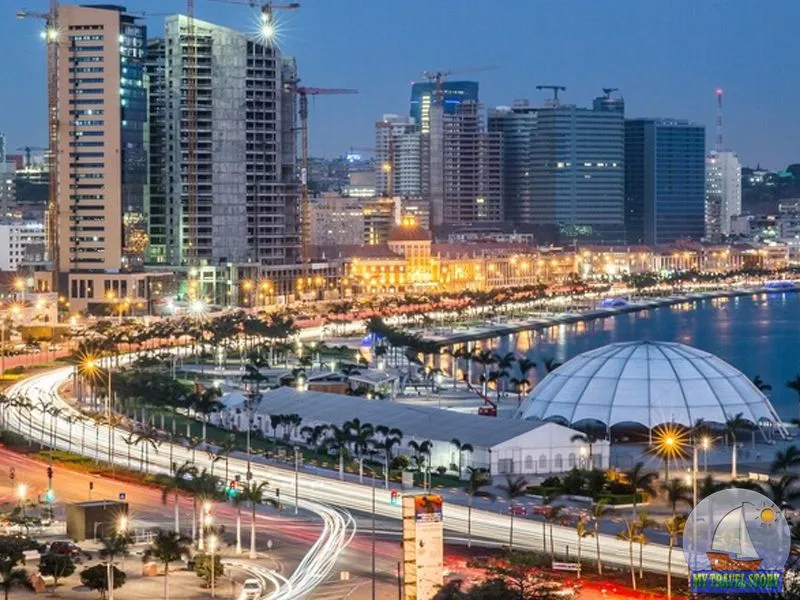The World Bank’s recent report on Sub-Saharan Africa underscores the region’s persistent political and social unrest.
This hurts economic growth, says the report. Yet, Angola gets positive attention. The World Bank expects its economy to grow 1.3% in 2023.
In contrast, the IMF predicts only 0.9% growth for Angola.
Moreover, the report worries about stagnating income levels. It says per capita GDP has been flat since 2015.
It only expects a 0.1% rise over the next decade. Specifically, Sudan faces tough times. Ongoing civil conflicts have shrunk its economy by 12%.
Furthermore, out of 47 countries in Sub-Saharan Africa, 20 face severe challenges. These include unsustainable levels of debt.

Drastic measures may be needed. Both the World Bank and IMF suggest austerity. However, this advice is controversial.
Meanwhile, Human Rights Watch (HRW) critiques IMF’s approach. They say austerity worsens problems for weaker economies. HRW claims these strategies often fail.
In addition, the IMF talks about rising debt levels. Debt in Sub-Saharan Africa has jumped from 30% to 60% from 2013 to 2022.
This increase makes it harder for countries to pay back debt. Therefore, it strains their financial systems. However, the IMF doesn’t name which countries are most at risk.
In summary, the World Bank and IMF have differing views, especially on Angola. Both suggest that Sub-Saharan Africa faces economic challenges.
Yet, their suggested solutions, like austerity, draw scrutiny.
Background Angola
The World Bank’s more optimistic view on Angola implies that not all countries in the region are on the same track.
It suggests that economic conditions and policies can vary widely even within regions facing economic difficulties.
This is in contrast to, say, the European Union, where member countries often follow similar economic guidelines.
Additionally, the mention of the Sahel region and specific countries like Mali and Niger shows that political instability is a considerable variable.
When compared to Southeast Asia, another developing region, the lack of political cohesion in Sub-Saharan Africa stands out as a significant hindrance to growth.

